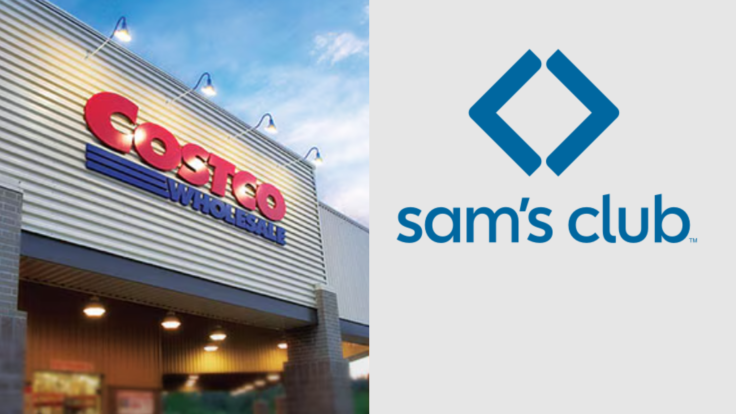Iranian Diplomats Could Be Banned From Shopping at Costco and Sam's Club – Here's Why
Syria exempted while Sudan, Zimbabwe and Brazil also face new limits

Iranian diplomats in New York may soon lose their Costco cards. A leaked US State Department memo suggests they could be barred from shopping at bulk retailers like Costco and Sam's Club, just weeks before world leaders gather for the UN General Assembly on 22 September 2025.
Under the proposal, Iranian envoys would need official clearance before stepping into the wholesale giants. The move aims to stop diplomats from stockpiling everyday goods and shipping them back to Iran, items that are often restricted under US sanctions.
Details of the State Department Proposal
The Associated Press, which obtained the leak memo, reported that it outlines restrictions that would stop Iranian representatives from entering membership-only retailers such as Costco and Sam's Club without prior clearance. US officials believe these stores have long provided a convenient way for Iranian delegations to acquire large quantities of goods.
Membership warehouse shopping has reportedly been a routine activity for Iranian diplomats posted to the UN, with many products later shipped back to Tehran.
The proposed move highlights Washington's concern that retail access in the United States could undermine the impact of economic sanctions imposed on Iran.
Wider Diplomatic Restrictions Under Review
The ban is not aimed solely at Iran. Delegations from Sudan, Zimbabwe and Brazil are also mentioned in the memo as facing tighter restrictions during the UN General Assembly. The inclusion of Brazil, traditionally responsible for opening the assembly's proceedings, has raised eyebrows among diplomatic observers.
In contrast, Syria has reportedly been exempted from the restrictions, suggesting a potential shift in US policy towards the Assad government. The development follows a separate decision by Washington to revoke visas for Palestinian Authority officials, including President Mahmoud Abbas, signalling a broader clampdown on movements linked to UN-related activities.
Historical Precedents of Retail Limits
This is not the first time retail restrictions have been used as a diplomatic tool. In 2013, Iranian staff were prevented from shopping at Costco branches in Japan and the United Kingdom. That move was carried out under the Iran Threat Reduction and Syria Human Rights Act of 2012, a law designed to curb Tehran's ability to bypass sanctions.
The recurrence of such measures illustrates how access to everyday consumer goods has become a recurring point of leverage in US-Iran relations.
Why the Ban Is Being Considered
US officials argue that diplomats have exploited wholesale outlets to bypass sanctions. By purchasing household items and packaged foods in bulk, Iranian representatives are believed to have shipped these goods back to Iran in diplomatic containers.
The practice undermines restrictions that were put in place to limit Tehran's access to foreign products.
For Washington, tightening retail rules is intended to ensure consistency with broader economic pressure. The symbolism of banning access to Costco and Sam's Club also underscores the extent to which geopolitical tensions can affect even mundane consumer activities.
Reaction from Public and Media
The leaked memo has prompted mixed reactions. Some commentators see the measure as a symbolic but petty step, questioning whether preventing shopping at warehouse retailers will meaningfully impact Iran's economy.
Others argue that the restrictions are necessary to close loopholes and prevent sanctioned goods from reaching Tehran.
Online forums and social media have reflected this divide. While some users mocked the idea of limiting diplomats' access to bulk household items, others noted that enforcement of sanctions requires consistency in every possible area.
Originally published on IBTimes UK





















